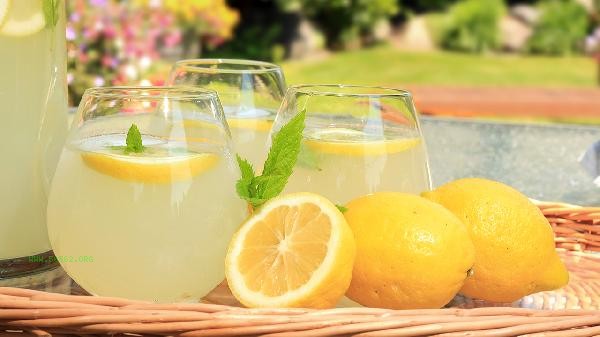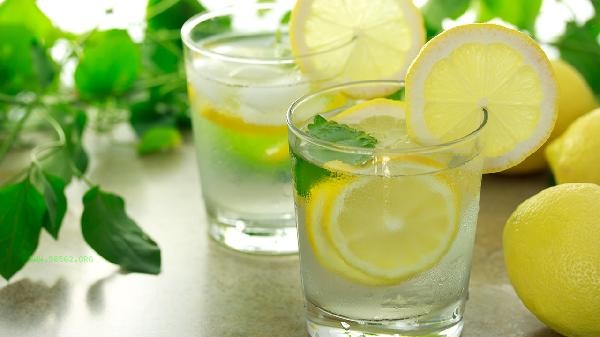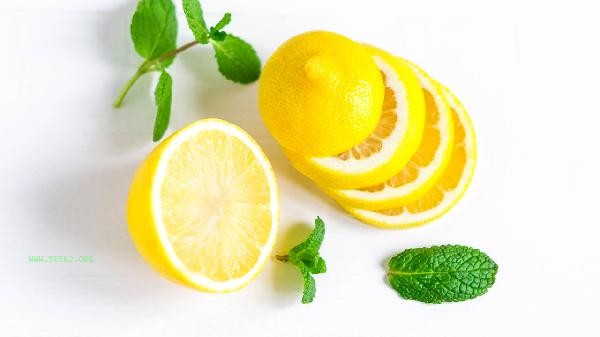Both green lemon and yellow lemon have a deodorizing effect, but green lemon usually has a stronger deodorizing ability. Lemon has a higher acidity and richer aroma, which can effectively neutralize the fishy taste of meat and seafood; Yellow lemon has a mild sour taste and a sweet aroma, suitable for pairing with light ingredients or beverages for seasoning. Green lemon contains richer citric acid and volatile aromatic compounds. Its strong acidity can quickly decompose fishy ingredients such as trimethylamine in meat, especially suitable for marinating fish, shellfish, or visceral ingredients with strong fishy odors. The limonene and other components in green lemon peel can also give food a fresh fruity aroma. Southeast Asian cuisine often combines its juice with fish sauce and lemongrass. The acidity of yellow lemon is about 70% of that of green lemon, and its fructose content is relatively high. It is more suitable for pairing with white meat and poultry or making lemon water to remove the aftertaste of seafood when removing fishy smell. In Western cuisine, it is often used to fry salmon or mix salads. Its mild acidity is not easy to mask the original taste of the ingredients.

The aroma of yellow lemon is mainly composed of linalool, which produces a soft sweet aroma when heated. It is suitable for removing fishy smell and enhancing freshness when stewing soup for a long time, such as French seafood soup or lemon chicken. Its thicker skin can be used as a natural deodorizing seasoning after being soaked in sugar or dried. Green lemons are more suitable for freshly squeezed use due to their greater juice and thinner skin, but excessive use may cause the food to become too sour. It is recommended to mix them with a small amount of sugar or coconut milk. In special circumstances, if the ingredient has a strong fishy smell or needs to be quickly pickled, green lemon can be preferred; If pursuing flavor levels or pairing with dairy products, yellow lemon is more suitable.

When using lemon to remove fishy smell, it is recommended to let the lemon juice come into contact with the ingredients for more than 10 minutes. Seafood can be squeezed and soaked in ice cold, and meat can be marinated with ginger and garlic. Be careful to avoid prolonged contact between lemon and aluminum kitchen utensils, as acidic substances may corrode metals. People who are allergic to lemon can use white vinegar or rice wine as a substitute, and children and those with excessive stomach acid should control their intake of lemon juice.










Comments (0)
Leave a Comment
No comments yet
Be the first to share your thoughts!